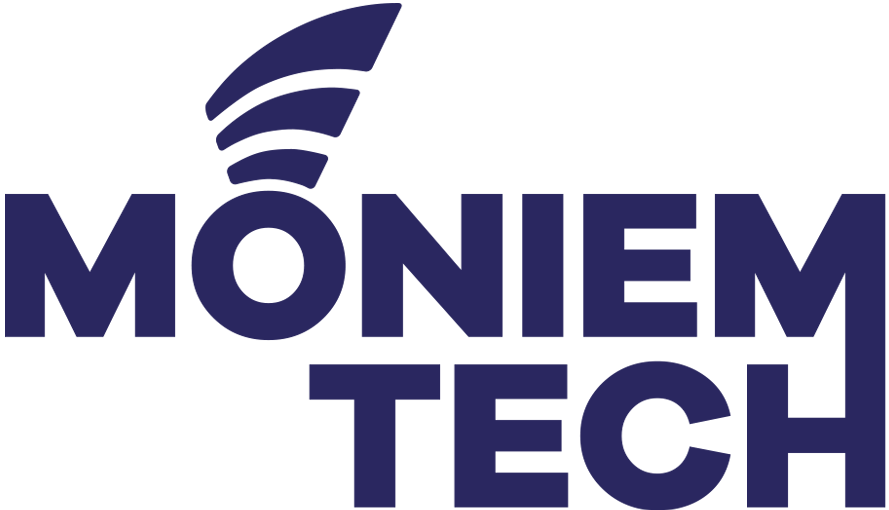For mobile operators, 5G is far more than a faster version of the 4G/LTE standard. 5G will be an entirely new networking architecture — “a network of networks” — with […]
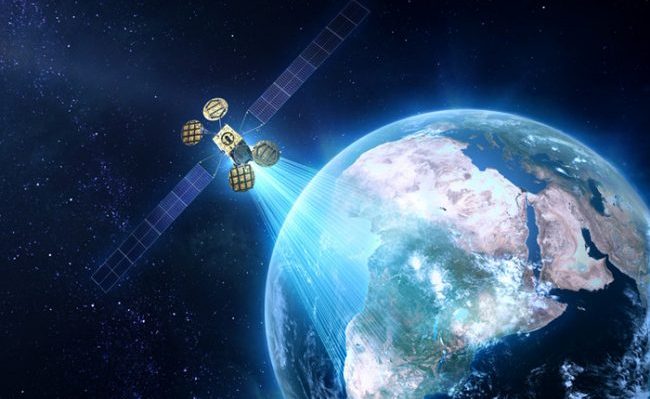
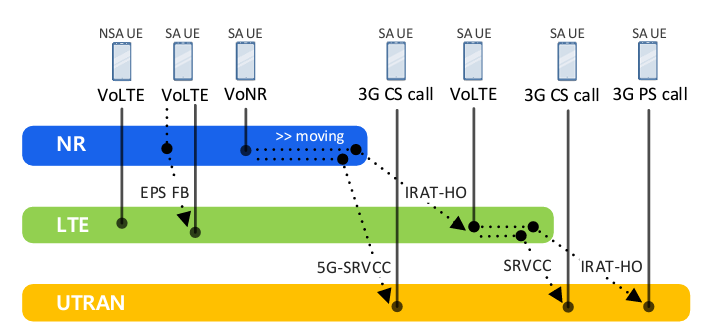
Although the request for data services is the primary driver behind the growth and evolution of 5G, voice service is still an indispensable part of mobile communication network. The Voice […]
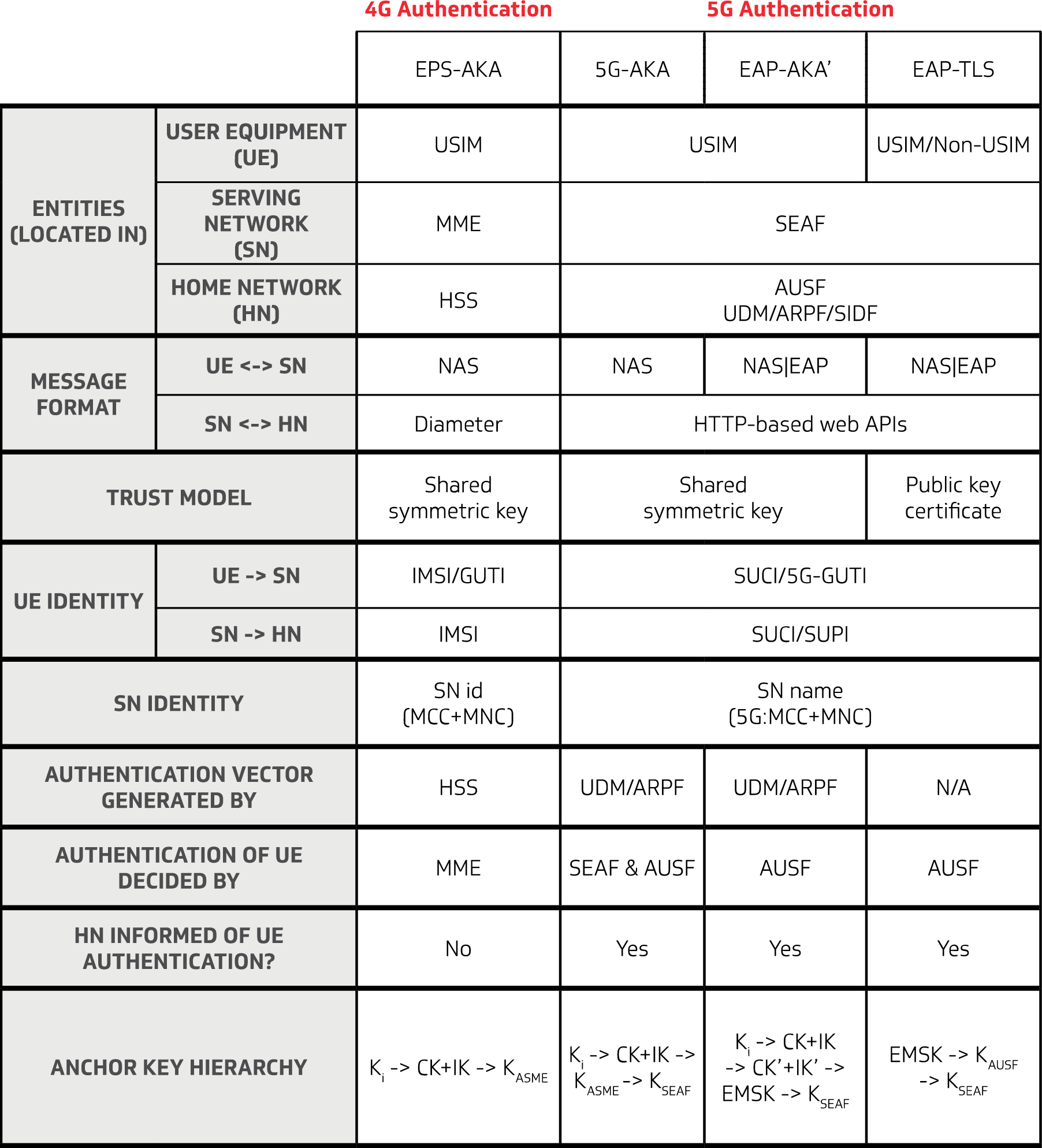
The authentication procedure in 3GPP 5G security has been designed as a framework to support the Extensible Authentication Protocol (EAP) – a security protocol specified by the Internet Engineering Task […]
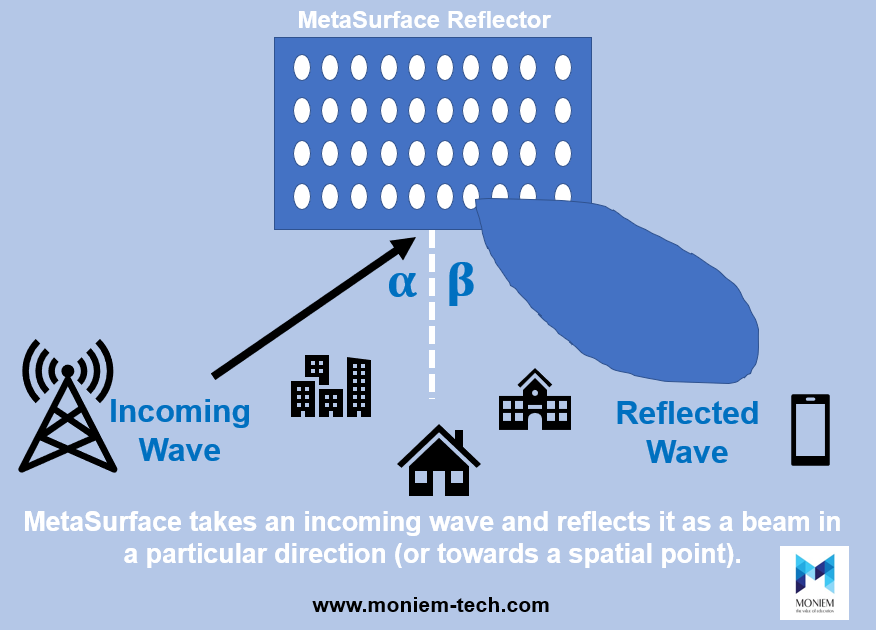
The first thing that came to my mind when Facebook CEO Mark announced to change the name of his mega applications (Facebook, WhatsApp, Messenger, Instagram, .. etc) to META or […]

Recent deployments of 5G widespread use of option 3X as one option in the connectivity scenario background in the infrastructure evolution. As a result, EN-DC, where there are two radio […]
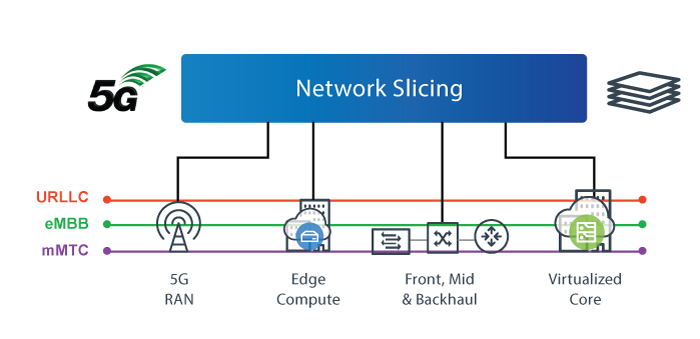
As 5G supports different types of use cases from eMBB, URLLC, and MTCs. These services require strict SLA (Service Level Agreements) which requires a dedicated end-to-end channel for each service. […]
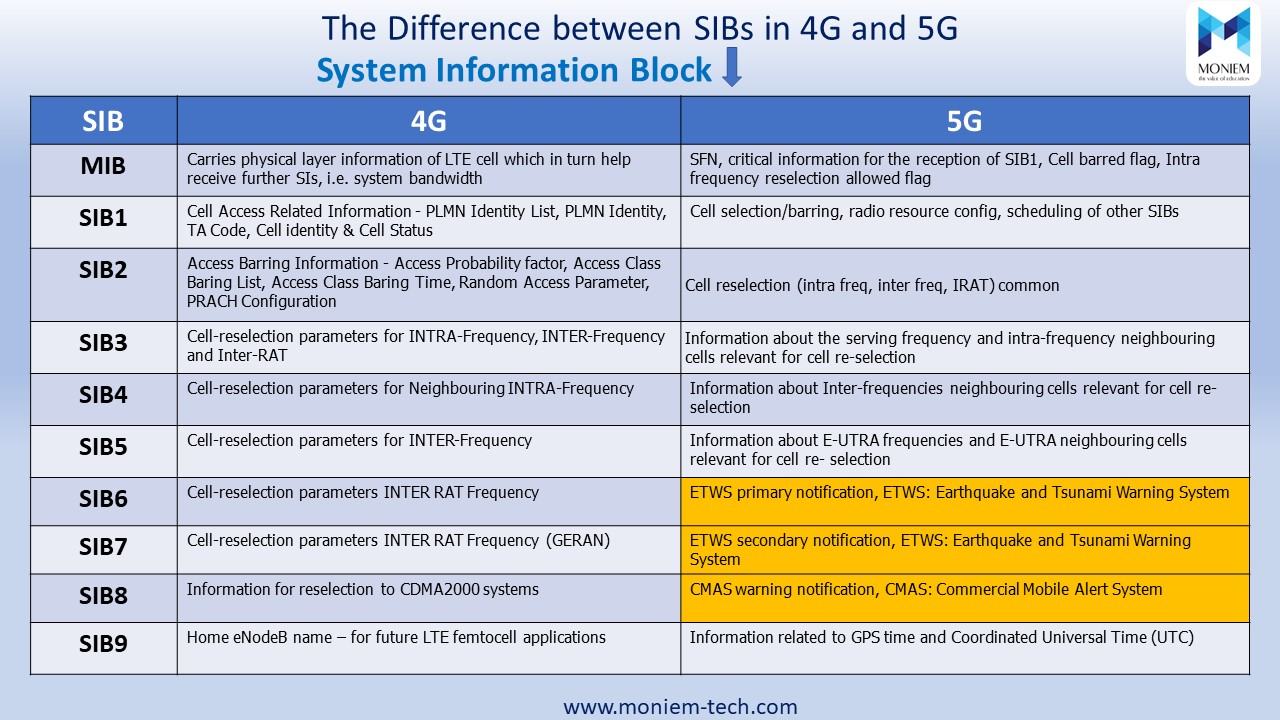
As you may know that UE can access the network if it can receive some of the System Information (SI) from the Cell (Mandatory). So Let’s understand the main difference […]
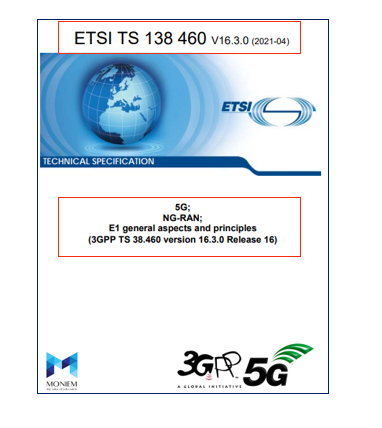
If you are in the Mobile Telecom domain especially Testing, Research, deployment domains, you have to be familiar with How to make deep research in the 3GPP website for the […]
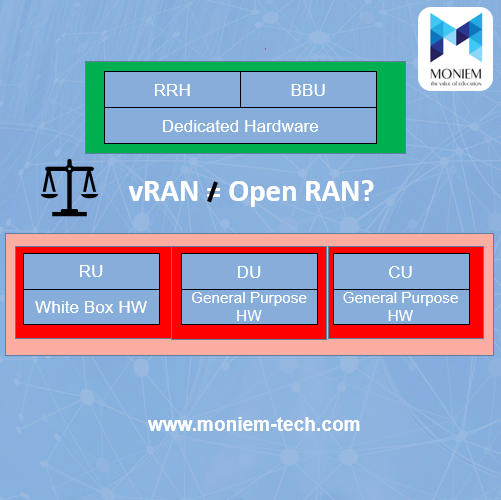
There are different acronyms related to the evolution of RAN (Radio Access Network), like vRAN, open RAN, O-RAN, etc. A key point to clarify is that RAN evolution means both […]
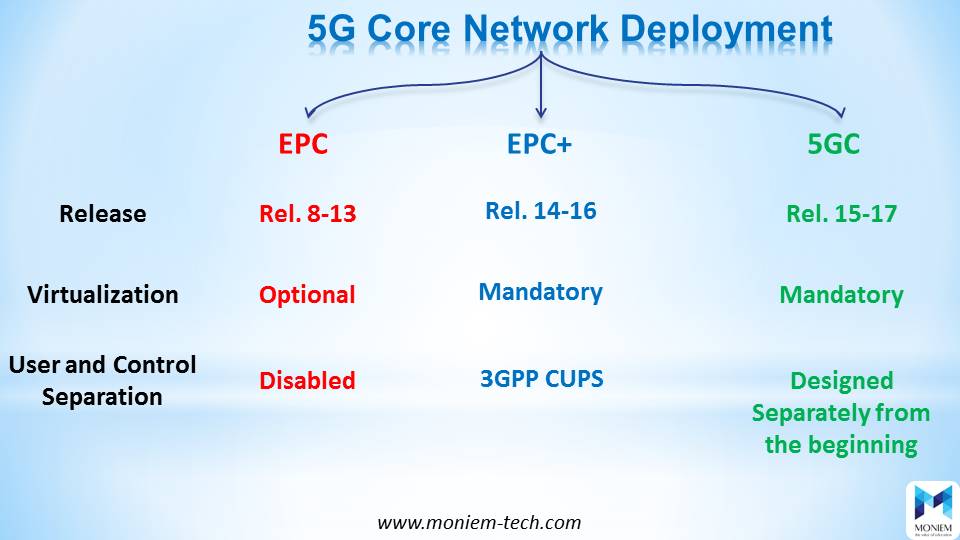
The core network is the most important domain in the mobile network starting from 2G and 3G while the MSC and SGSN are the main functions there to EPC or […]

5G Timeline and Standardization During preparation, it was decided to split Phase 1 into two parts. In December 2017, standardization of the non-autonomous, or Non-Standalone, architecture for 5G New Radio […]
